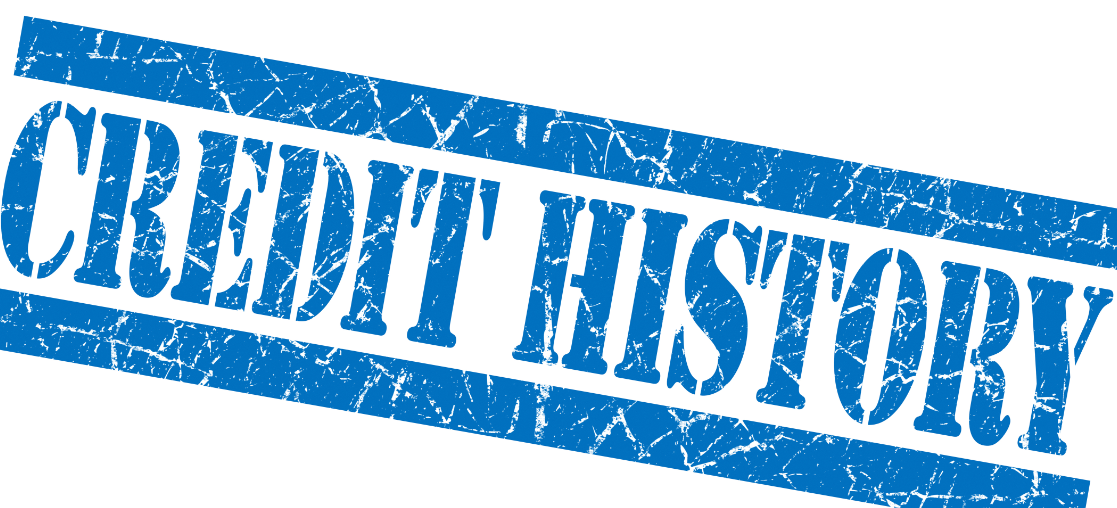What is a Credit History and How Do I Get One?
Miscellaneous
A credit history is a collection of records showing amounts that a person borrowed or financed, and whether the payments were made on time, late, or not at all. If you have ever had a credit card, store charge card, or loan, you probably have a credit history. Your credit history can include how many accounts you have had, whether they are revolving or installment credit accounts, and how much is owed on each account. It includes both open and closed accounts, and if payments were made on time.
Credit reporting agencies (CRAs) collect and maintain consumer credit repayment records provided by credit card companies, banks and credit unions, store charge accounts, collection agencies, and information from other sources including public records of tax liens and bankruptcy information. The credit history is the basis of your credit report, which also includes your name, Social Security number, current and past addresses, and the names of your employers.
The three major credit reporting agencies, Equifax, Experian, and TransUnion, package and sell credit information to companies that prescreen for products and services and to businesses with a valid reason to review it, such as a company to which you have applied for credit. In addition to the personal information and credit history, a credit report lists the entities that have asked to see the credit report (called credit inquiries).
You have the right to view your credit reports and to receive a free report from each of the major CRAs once a year. If you applied for credit and were turned down, you are entitled to copy of your report at no charge within 60 days of being declined credit.
Credit History and Credit Score
The credit history becomes part of the credit score, which is a numerical factor resulting from analysis and a mathematical algorithm applied to a credit report and other sources of information. A person’s credit history and credit score are considered by creditors when deciding whether to issue store credit, a car loan, credit card, mortgage, or other form of indebtedness.
Credit scores vary by reporting agency, and you may have more than one credit score depending upon what information the agency is using to base the score. Generally, credit scores range from 300 to 850. A high credit score indicates that, based on repayment behavior reflected in the credit history a person has a high likelihood to repay a debt. A low credit score might indicate that a person’s credit history shows late payments or missed payments, but it could also mean the person doesn’t have a credit history because they have never borrowed or used credit before.
Credit history and credit scores changes over time as payments are made and balances change on existing credit, and as accounts are opened and closed. Some creditors report to the agencies monthly, which can affect a credit score quickly. Not all creditors report to all the agencies, which is why a person’s score can differ between agencies. Activities that can affect a credit score positively include making on-time payments and reducing debt. Late or missed payments, accounts in collections, and tax liens can affect the credit score adversely.
Building Credit History
To start building a credit history you need to start using credit. Some banks, credit unions, and credit card companies offer products designed to help people build credit such as secured credit cards. With a secured credit card, you would make a cash deposit up front, and receive a credit limit equal to the deposit. If you fail to make the payments on the secured credit card, the lender can deduct the amount owed from the security deposit, and it would be reflected in the credit history as a delinquency. Using the secured credit card and making regular, on-time payments builds a credit history.
Once you have established a good credit history, you may qualify for an unsecured credit card which doesn’t require a deposit and may have other benefits and more favorable financing rates. As your credit history builds, you may be offered higher credit limits on your existing account and offers of new credit from other credit card companies and lenders that have purchased credit information from one of the credit reporting agencies.
